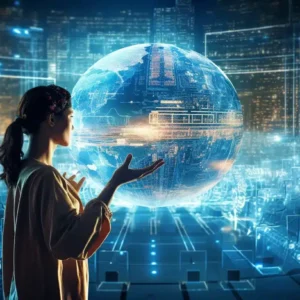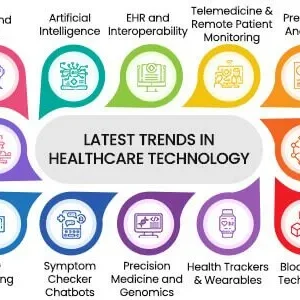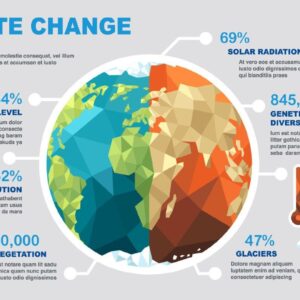The geopolitical landscape is evolving rapidly, with emerging powers reshaping global power dynamics. While the United States has long been the dominant superpower, a new era of political uncertainty has ushered in a period of complex power shifts.
China: A Rising Superpower
China’s rapid economic rise has positioned it as a formidable global player. With initiatives like the Belt and Road Initiative (BRI), China is expanding its influence in Asia, Africa, and beyond. The country is investing heavily in infrastructure, technology, and energy in ways that have the potential to reshape global trade and politics.
However, this rise is not without challenges. China’s increasing assertiveness, particularly in the South China Sea and its human rights record, has led to tensions with countries like the U.S. and its allies. China’s growing economic and military power is a key factor in the shifting global order.
The U.S.: Struggling to Maintain Its Dominance
In the wake of domestic political turmoil and shifting international dynamics, the U.S. faces challenges in maintaining its global influence. While it remains a major economic and military power, rising political divisions at home and the increasing prominence of China and Russia are making it harder to assert dominance.
Recent years have seen a reduction in the U.S.’s engagement with traditional allies, and questions have emerged about the future of international institutions like NATO. The world is no longer solely looking to Washington for leadership, and this change will continue to influence global politics in the coming years.
The European Union: A Changing Union
Europe’s political landscape is shifting too. The Brexit vote has already had lasting effects, and the European Union must now navigate its future without the UK. The EU’s ability to work cohesively in the face of crises like the pandemic, economic instability, and migration challenges is being tested. Internal divisions, particularly between eastern and western member states, could have long-term implications for European unity.



